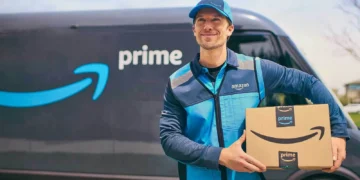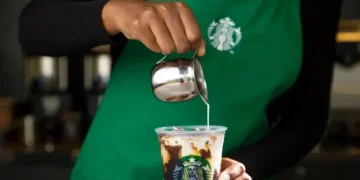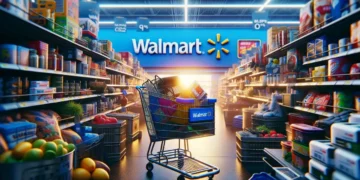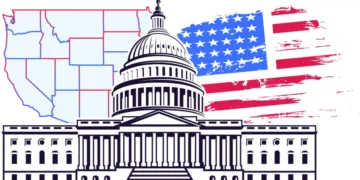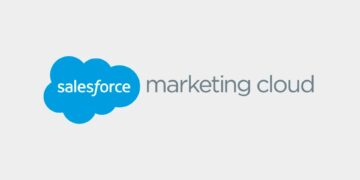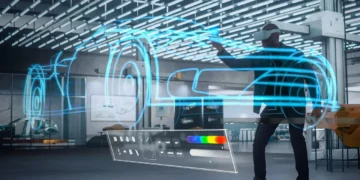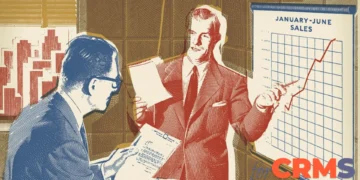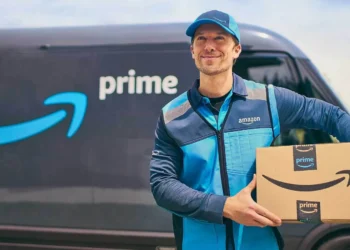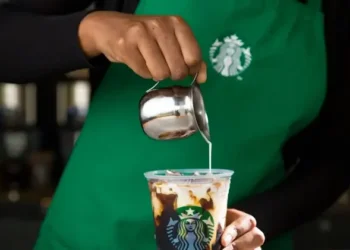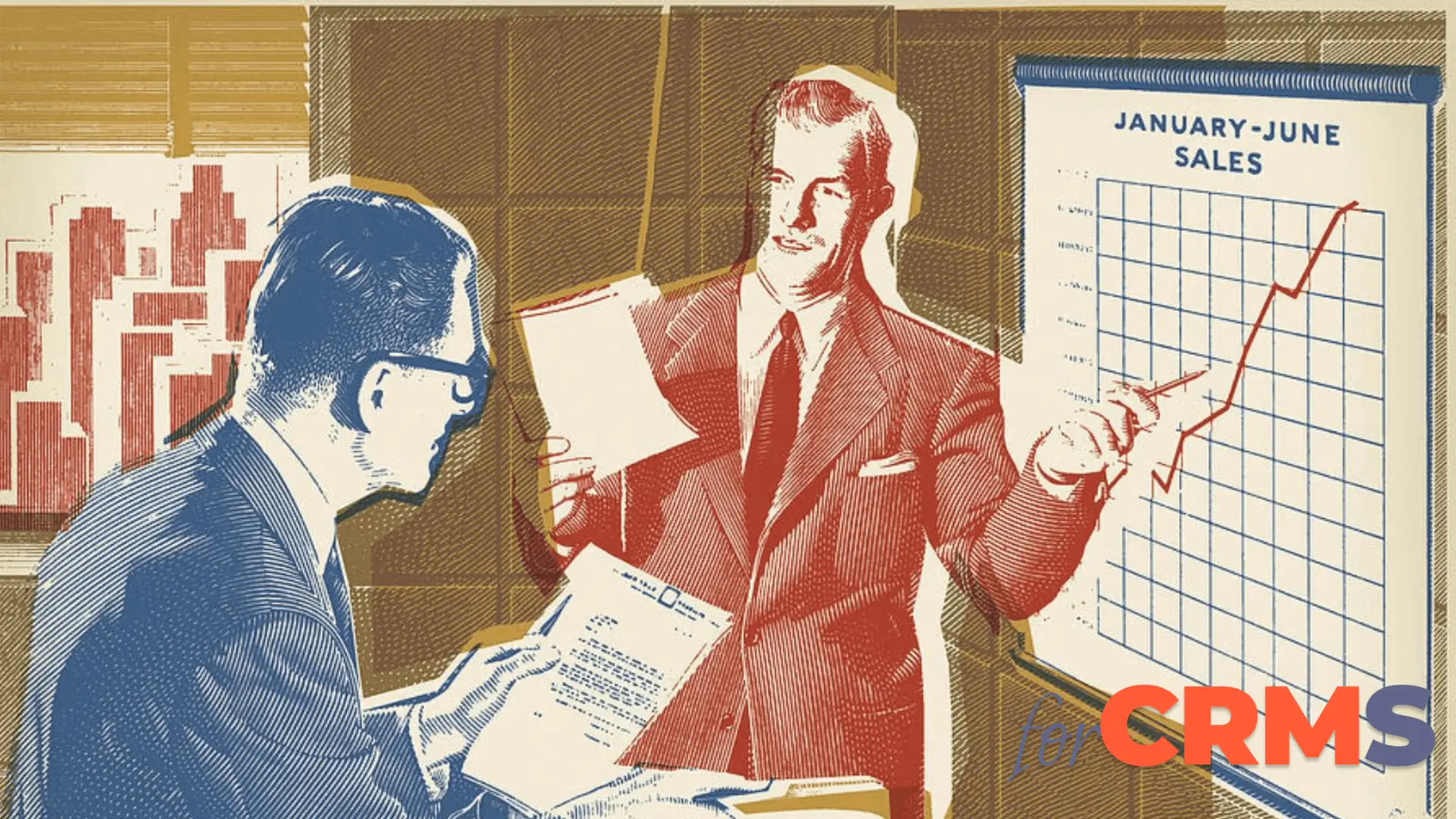It is no news that customers constantly demand deeper and more meaningful relationships with their chosen brands. That’s why organizations leverage CRM software to better serve their customers.
Today, we’ve compiled practical CRM case studies from some of the world’s biggest brands. This article highlights CRM case studies uses and vital lessons you can replicate in your business.
Before we proceed, let’s look at the meaning of customer relationship management (CRM)
There are two main definitions of a CRM:
• It refers to a business’s principles and strategies to engage better and retain its customers.
• It is a software system that helps businesses manage client relationships, leads, contacts, and campaigns. It also allows companies to automate their processes and increases productivity.
Examples of CRM Software for lead generation, contact management, and automation are:
Table of Contents
The Best Overall
Pipedrive
A sales-focused CRM that leverages AI to automate sales, lead & demand generation.
Best Budget Choice
Freshsales
Freshsales automates your sales process, and helps drives sustainable business growth.
Best for Workflows
Zendesk
Customize your workflows to track all aspects of the sales cycle, from lead gen to post-sale support.
Best CRM Case Studies
If you’ve ever looked at brands like Apple, McDonald’s, Amazon, or even Zara, you may wonder how they run such conglomerates and still provide efficient customer service. Keep reading, then; you’re about to find out.
Scott Cook said to focus on the customer instead of the competition. Most of these brands have no superpower. They’ve only learned to focus on one thing—the customer.
When you’re obsessed with delighting your customers, you will devise creative ways of satisfying them. Let’s go right in.
1. Coca-Cola CRM
The Coca-Cola Company is one of the world’s oldest and most influential brands. With a presence in over 200 countries, Coca-Cola started as a carbonated soft drink business. Today, it is a conglomerate with over 200 product lines servicing billions of customers globally.
Logically speaking, their existence across several decades and their continued relevance and competitiveness say a lot about their customer service. That said, let’s examine their customer relationship management (CRM).
Coca-Cola CRM Case Study:
Coca-Cola’s mission is “to refresh the world in mind, body, and spirit, to inspire moments of optimism and happiness through our brands and actions, and to create value and make a difference.”
Inspiring optimism and happiness are at the core of Coca-Cola’s CRM strategy. This is evident in their marketing campaigns, billboards, brochures, commercials, store locations, and products.
We have billions of transactions a day on Salesforce. And everything is connected collaborative, and mobile.
– Ulrik Nehammer, Coca-Cola Germany, CEO.
Coca-Cola uses several enterprise CRM platforms to manage its clients’ relationships and stores globally. They use Salesforce and SAP primarily for contact management. System Applications and Products (SAP) is a strategic enterprise management platform that is quite robust and feature-rich.
While they use SAP globally, they use Salesforce on some of their country divisions to manage their business flow, connectivity, and contact management.
Please read our complete Coca-Cola case study here.
2. Zara CRM
When you hear the word “Zara”, what comes to mind is clothing, luxury, and lifestyle. Established in 1975, Zara is a Spanish multi-national retail clothing chain.
They specialize in clothing accessories, beauty, shoes, and other lifestyle products. Zara’s phenomenal success in fashion and beauty is a testament to its solid CRM strategy. They effortlessly delight their customers in a way that leaves them returning for more.
Zara CRM Case Study:
Zara’s mission is to “give customers what they want, and get it to them faster than anyone else.” Deducting from their mission statement, you can see a wordplay that puts royalty and kingship on their customers.
Zara’s CRM case study aims at elevating their customer’s needs above the company objectives. Zara leverages transparency, incentives and perks, support, personalization, swift check-out, and social media to achieve this.
The success of our business is based in principle on the idea of offering the latest fashions at low prices, in turn creating a formula for cutting costs: an integrated company in which it is manufactured, distributed and sold.
– Amancio Ortega – Founder, Zara Fashion Chain
Zara CRM starts with its website, which has a simple UI and is highly personalized to suit users’ needs. Then, it’s massively present on social media and contributes to social issues affecting its clientele.
Lastly, Zara’s CRM is not complete without transparency and incentives. They’re transparent in all their dealings and usually deploy incentive programs to delight customers.
3. Unilever CRM
Unilever is a British multi-billion dollar conglomerate that deals primarily in consumer goods and consumables. They are arguably the largest producers of soap globally.
Brands like Unilever that have stood the test of time in quality, customer service, transparency, and consistency are worth emulating. With over 400 brands in about 190 countries, Unilever’s CRM strategy is paying off.
Unilever CRM Case Study:
Unilever’s mission statement is “to add vitality to life. We meet everyday needs for nutrition, hygiene, and personal care with brands that help people feel good, look good, and get more out of life.”
Unilever’s CRM strategy focuses on elevating people’s well-being and helping them enjoy life to its fullest. This singular aim drives their excellent customer experience initiatives, marketing campaigns, products, and positioning.
It’s about digitizing all the aspects of Unilever’s business to leverage the world of data and increase our digital capability in everything we do.
– Alan Jope, CEO at Unilever.
Another main part of Unilever’s CRM strategy is centered around Value-Based Procurement. They are keen on supporting their suppliers with upfront value. They achieve this by empowering their suppliers and distributors with the tools to better relate to them.
They use Salesforce to support their business community and build solid relationships with their partners.
4. BMW CRM
Bayerische Motoren Werke AG, known as BMW, is Germany’s leading automobile brand. They’re a luxury car brand and the fourteenth largest producer of motor vehicles. BMW cars are known for their standard, uniqueness, and luxury. Let’s examine BMW’s CRM strategy.
BMW CRM Case Study:
BMW’s mission is to “become the world’s leading provider of premium products and services for individual mobility.” You’ll agree that BMW has become the world’s leading provider of premium automobile products. But the big question is, how did they get there?
BMW CRM case study is not too distant from the others. Firstly, the focus is on treating customers fairly, which is clearly stated in their Supplier Programme. Their suppliers and end-users are at the core of their CRM strategy, which has kept them going.
I promise our customers will never have to compromise between driving pleasure and sustainable mobility.
– Oliver Zipse, CEO BMW AG.
Secondly, BMW CRM is focused on producing premium cars to attract new customers and retain the existing ones. And fortunately, it works for them. I’ve seen a couple of folks switch car brands to BMW because their cars are more reliable and have the highest quality
5. Tesco CRM
Tesco PLC is one of the world’s leading grocery and general merchandise retailers. With operations in over 11 countries, Tesco is a hyper-growth company swiftly expanding across territories.
Although it started as a grocery store, it is now morphed into several industries such as banking, technology accessories, and a few others. Not just that, they’ve been named among the top customer-friendly organizations.
Tesco CRM Case Study:
Tesco’s mission statement is “What we make matters better, together. This statement encapsulates Tesco’s aim to serve customers across cultures and backgrounds.
Tesco is among the first multi-national brand to adopt CRM software. In 2009, Tesco announced that they were adopting the RightNow CRM (now acquired by Oracle).
The key to Tesco’s success is the customer-focused culture that has permeated the company.
– Jeremy Garlick, Partner, Insight Traction.
Tesco’s CRM was primarily used in its call centres to support its electronics division. It was also used to amplify its omnichannel communication strategy by managing customer data and interactions across phone, chat, and email.
Adopting a CRM helped Tesco be present at all times for their customer when needed across channels. Most importantly, they were able to win the hearts of their customers.
6. Uber CRM
With a presence in 72 countries, Uber redefines how we move and eat. Uber is an American mobility provider that allows people to move conveniently from one location to another. One of the things that makes Uber special is that it’s a mobility startup with no cars. That means it’s servicing two main customer bases: drivers and passengers.
As of the time of writing, Uber has a 72% market share for ride-sharing in the United States, with about 122 million monthly active users
Uber CRM Case Study:
Uber’s mission is “Transportation as reliable as running water, everywhere for everyone.” In other words, they aim to make transportation accessible at any time.
The big question is, what CRM does Uber use? Uber uses LiveRamp as its CRM anonymizer. Essentially, it uses LiveRamp CRM to segment users into specific life-cycle stages. This allows Uber to craft personalized and targeted campaigns that resonate with customers.
There is a high cost to a bad reputation… it really matters what people think of us, especially in a global business like ours, where actions in one part of the world can have serious consequences in another.”
– Dan Khosroshahi.
Furthermore, Uber uses CRM to gain deeper insights into how customers use their apps, the frequency, and overall interaction, and even sample their IDs. With these insights, Uber can better serve and delight its customers. More on Uber’s case study here.
7. McDonald’s CRM
As the name implies, McDonald’s is a fast-food conglomerate. It is currently the leading food service organization, operating over 30,000 restaurants in more than 100 countries. McDonald’s expansion strategy is based on franchises and joint ventures. It also has some sister brands in the fast-food industry that are doing incredibly well.
Mcdonald’s CRM Case Study:
McDonald’s mission statement is to be our customers’ favorite place and a way to eat and drink. Their mission statements depict McDonald’s passion for differentiation, uniqueness, and class.
McDonald’s CRM case study hinges on its passion for differentiation, which is evident in the architectural designs of its restaurants, food recipes and taste, service delivery, and mode of operation.
Our sustained performance gives us confidence that our strategy is working, as more customers are experiencing a better McDonald’s daily.
– Steve Easterbrook, CEO, McDonald’s.
McDonald’s uses PowerCenter CRM, which Astute Solutions powers. This CRM helps McDonald’s efficiently manage its huge volume of customer contacts, analyze data, and manage its store location.
The benefits of CRM software to a business are enormous, and McDonald’s is not left out. They use it equally to enhance their marketing efforts and close more deals.
8. British Airways CRM
British Airways is a UK-based carrier and one of the most prominent airline groups in the world. Over the years, it has built a reputable brand that has also given birth to several sister brands.
BA Group is a founding member of the Oneworld alliance. It has over 45,000 employees in 100 countries and assists about 40 million passengers annually. So how does it maintain awesome customer service?
British Airways CRM Case Study:
British Airways’ mission statement is “To ensure our customers fly confidently that together, we are acting responsibly to take care of the world we live in“. British Airways’ CRM case study is centred around “making their passengers feel confident.”
As we prepare for a safe return to travel, we remain focused on offering our customers the most convenient and affordable testing options to support and facilitate a seamless travel experience.
– Sean Doyle, CEO, British Airways
British Airways uses TCRM BA as its enterprise management solution. The company adopted it in 2002, and since then, they’ve been using it to do the following:
• Campaign management
• Management of loyalty programs
• Leisure database
• External requirements
• Cost savings
Best of all, they use this platform to efficiently manage and schedule all their marketing campaigns internally and externally. They are also used for customer service across channels.
9. Amazon CRM
Amazon is an American conglomerate that focuses on e-commerce, cloud computing, digital streaming, and artificial intelligence. It is among the top five most valuable companies worldwide and one of America’s biggest employers.
Amazon, which started as an online book store, is currently dominating up to seven industries. It’s also a customer-centric company famous for its outstanding customer service.
Amazon CRM Case Study:
Amazon’s mission statement is “to offer our customers the lowest possible prices, the best available selection, and the utmost convenience.” Amazon’s focus on the customer is genuinely remarkable.
Primarily, Amazon’s CRM case study follows these four guiding principles:
• Customer obsession rather than competitor focus
• Passion for invention
• Commitment to operational excellence
• Long-term thinking
We see our customers as guests at a party, and we are the hosts. It’s our job every day to make every important aspect of the customer experience a little bit better.
– Jeff Bezos, CEO of Amazon
They aim to become Earth’s most customer-centric company, Earth’s best employer, and Earth’s safest place to work. That drive to become the best led them to create innovative products like I-Click shopping, personalized recommendations, Amazon Echo, and Fire TV, to mention a few.
So, what CRM does Amazon use? Amazon developed its CRM in-house, which it uses to manage its customer data across divisions, countries, languages, and products.
10. Apple CRM
Famously known for their slogan, think differently. Apple is a technology company specializing in consumer electronics, software, and online services. Apple is the world’s most valuable company and the first to hit a trillion in market capitalization.
Apple CRM Case Study:
Apple’s mission is “to bring the best user experience to its customers through innovative hardware, software, and services.” Like Amazon, Apple is a customer-centric company that is truly obsessed with its customers.
Apple is also obsessed with its product quality. Their products are highly standardized and unique. And it’s the reason why they enjoy a high level of brand loyalty. Apple’s customers are one of the most loyal sets of customers globally.
Apple CRM case study is centred around four cardinal points: Apple customer-centric outlets, understanding customer needs, Apple ID, & irresistible branding that works. I explained them in detail here.
Also, like Amazon, Apple uses an in-house CRM to manage its customer data, marketing campaigns, and customer relationships. Apple loves owning their processes, so most of its operations are usually in-house.
Wrapping Up!
These case studies show us the efficacy and formidability of CRM software. When out to efficient use, it can be a potent tool. And it doesn’t matter the size of your business, whether big or small. All you need to do is pick a CRM that aligns with your business goals and run with it.
Looking for a CRM to start with? Here are our recommendations: Zendesk, Pipedrive, Hubspot, Zoho, and Freshsales. Click on any one of them to claim your free trial.
Frequently Asked Questions
Customer relationship management use cases are real-life examples and applications of CRM software and strategies. Like the 10 use cases from big brands listed in this article.
There are tons of use cases for CRM systems, but here are three profound ones: CRM systems can serve as a contact management system, a pipeline system for attracting and converting them paying customers, and a workflow automation station.
Essentially, the main components of CRM are contact and database management, workflow automation, omnichannel marketing capability, and integration options.



